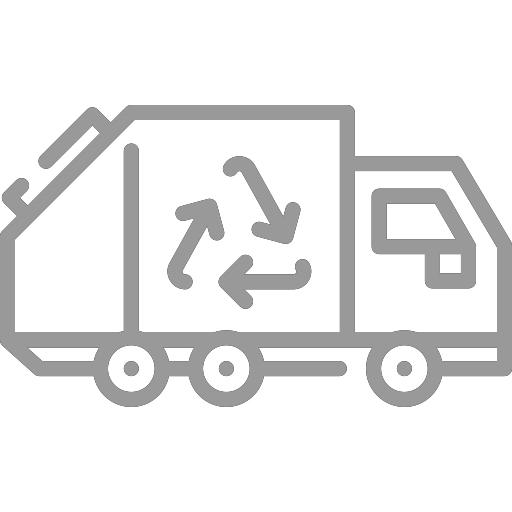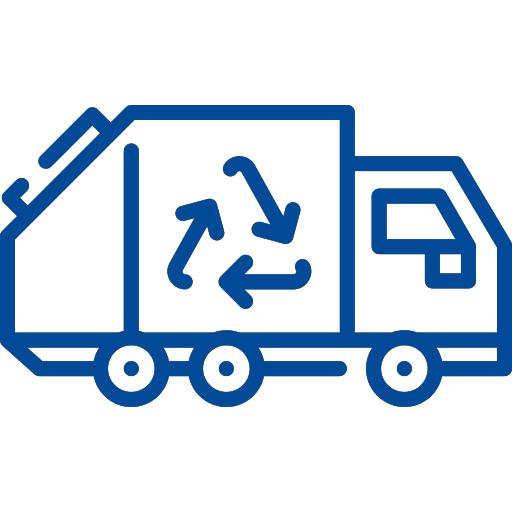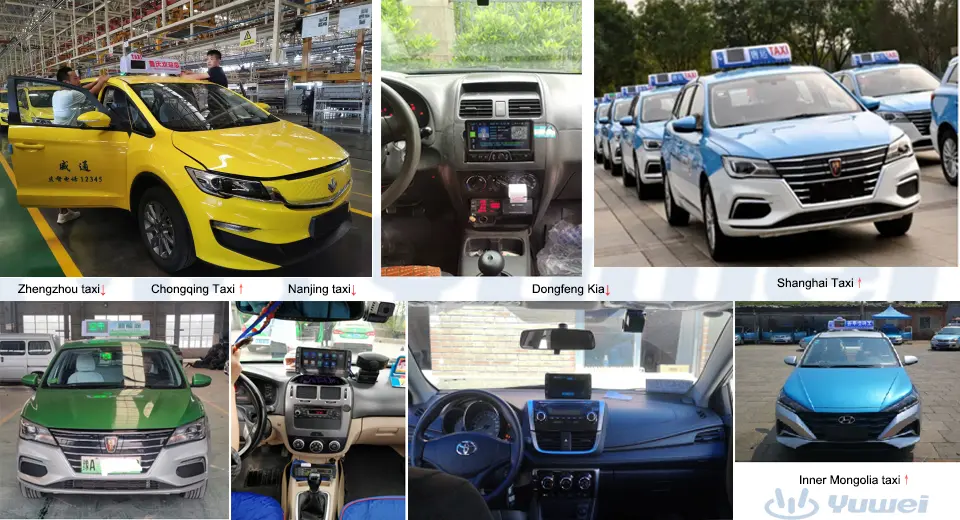What Is a Fleet Tracking Management System?
Fleet Tracking Management System
A fleet tracking management system is a crucial component in logistics operations, involving the effective monitoring, scheduling, and optimization of fleets during transportation and delivery processes to ensure timely arrivals and optimize resource utilization.

The logistics industry faces pressures such as market competition, increasing customer demands, and time sensitivity. Therefore, logistics companies need to effectively control costs in areas such as resource utilization, fuel consumption, and vehicle maintenance. This is achieved through efficient fleet management to minimize costs, enhance operational efficiency, and increase profitability.
Challenges faced by fleet management include:
1. Insufficient real-time visibility: Fleet managers may lack accurate insights into the location, status, and operations of vehicles, hindering timely scheduling and coordination, thereby affecting transportation efficiency and customer satisfaction.
2. Route planning and resource allocation: Optimizing routes and allocating resources (such as vehicles, drivers, and fuel) is crucial in fleet management. However, fleet managers often encounter challenges due to delayed vehicle and traffic information, leading to difficulties in route planning, underutilization of resources, and traffic congestion, impacting transportation efficiency and cost control.
3. High costs and low efficiency in maintenance: Vehicle maintenance is essential in fleet management. Traditional maintenance methods often involve periodic or post-failure repairs, resulting in high maintenance costs and long vehicle downtime, affecting transportation plans and customer service.
4. Compliance and regulatory requirements: The logistics industry is subject to various compliance and regulatory requirements, such as driver behavior, vehicle safety inspections, and environmental emissions standards. Fleet management platforms need to ensure compliance with road transport platform certification standards, integrate with various national network protocols according to regional requirements, and promptly respond to regulatory agency demands. This requires platforms to have flexible and scalable protocol and data access capabilities.
Intelligent fleet management is an innovative application based on Internet of Things (IoT) solutions aimed at enhancing the efficiency and reliability of the logistics industry. By combining IoT technology with fleet management applications, the YUWEI solution provides logistics companies with comprehensive real-time monitoring, intelligent analysis, and coordinated management capabilities for logistics vehicles. The YUWEI IoT solution empowers the logistics industry in fleet management with the following advantages:
1. Enhanced real-time tracking and monitoring of vehicles: YUWEI utilizes 1080p in-vehicle cameras, GPS locators, and 4G/WiFi network connections to provide high-quality real-time data transmission and access capabilities for fleet management platforms, facilitating real-time vehicle tracking and monitoring under unstable network conditions during transportation. This enables logistics companies to accurately track the location, status, and movement of vehicles, thereby improving the accuracy and efficiency of logistics transportation.
2. Route optimization and energy conservation: YUWEI's real-time data access solution can simultaneously integrate vehicle location data, traffic data, weather, and other system data to predict traffic conditions. Logistics enterprises can choose the best routes based on predictive analysis results, avoiding congestion and waste, improving transportation efficiency, while reducing fuel consumption and carbon emissions, thus achieving sustainable development.
3. Predictive maintenance and fault diagnosis: YUWEI provides real-time data collection on vehicle conditions and facilitates easy implementation of vehicle anomaly alerts and fault diagnosis through rule engines and data integration. This helps logistics companies detect vehicle faults in advance, achieve predictive maintenance, fault diagnosis, maintenance planning, spare parts management, etc., thereby reducing vehicle failures and maintenance costs.
4. Data security: YUWEI supports encrypted connections for vehicle devices and encryption algorithms to ensure data transmission security. Additionally, YUWEI provides features such as identity authentication and access control to ensure data access security.
5. Platform compliance: EMQX supports flexible expansion capabilities for multiple protocols to ensure compliance with logistics transport vehicle data required by industry standards such as driver management system data, advanced driver assistance systems, and active safety data, as well as seamless integration with national platforms.
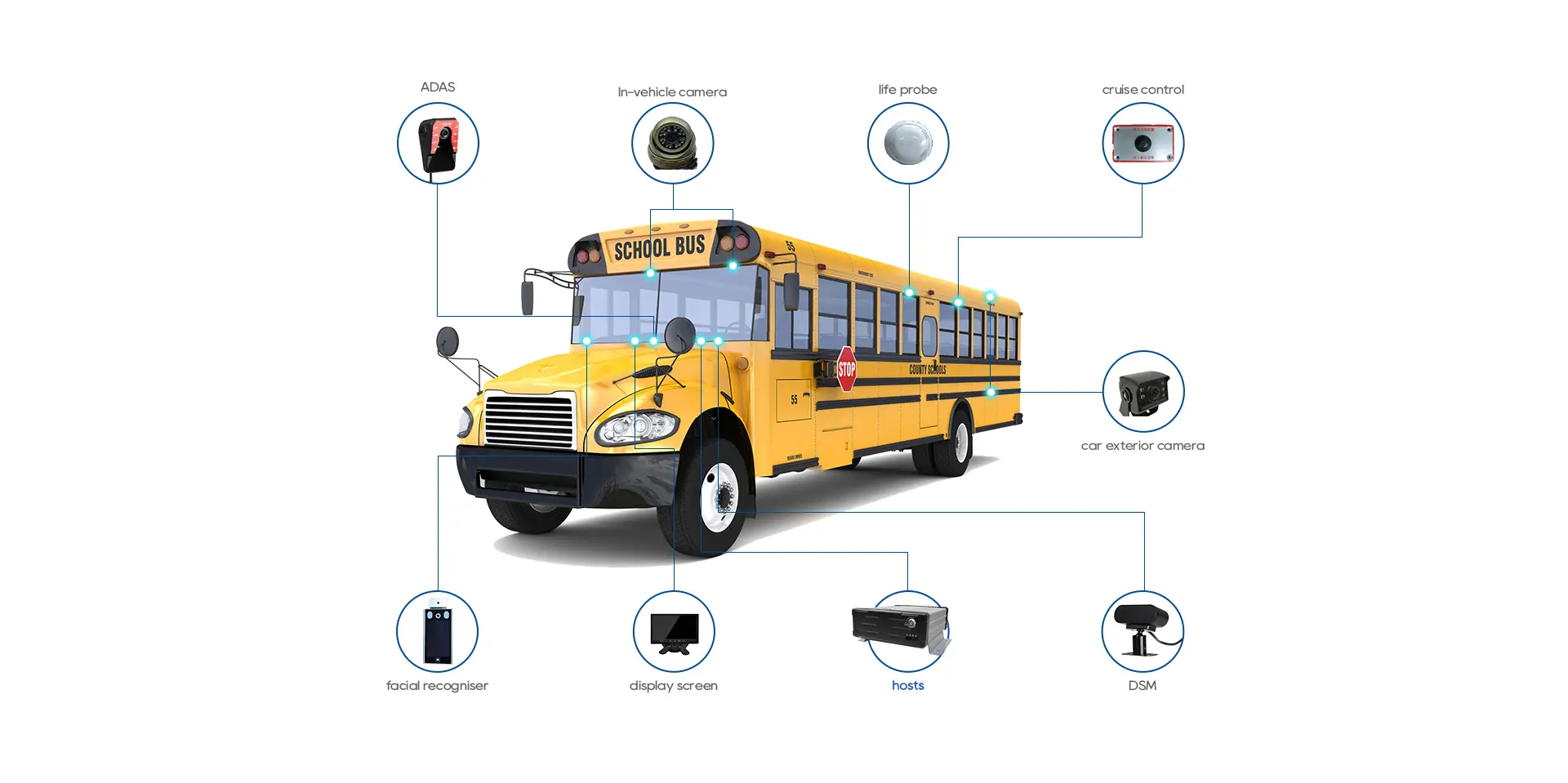
YUWEI Fleet IoT Connectivity Hub:
YUWEI IVMS is a powerful enterprise-level IoT messaging service platform designed for large-scale deployments and high reliability IoT application scenarios. It can be applied in fleet management scenarios in the logistics industry; the system provides the following capabilities:
1. High reliability and scalability: Adopting a distributed architecture, it has high availability and scalability to handle large-scale concurrent message transmissions. It supports horizontal expansion to adapt to the continuously growing IoT devices and data traffic, ensuring stable system operation.
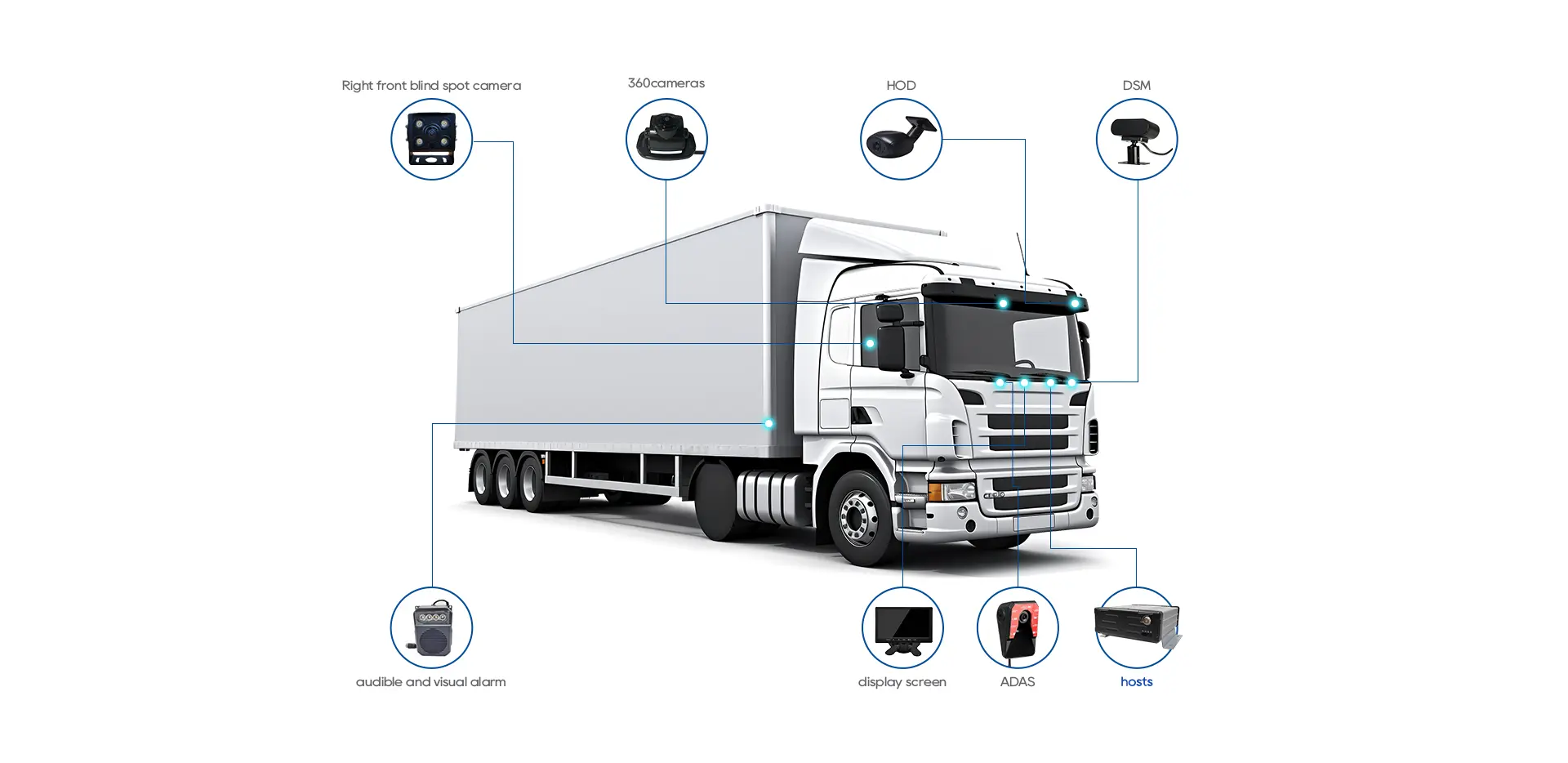
2. Rich protocol support: Supports multiple protocol integrations, enabling flexible communication with various in-vehicle devices, traffic IoT devices, and other platform applications.
3. Data integration: Supports seamless integration with various data storage services, message queues, cloud server platforms, and applications. It can connect with cloud services to achieve remote data transmission and cloud-based analysis, meeting the requirements of different fleet management application scenarios.
4. Security and identity authentication: Provides robust security features, including TLS/SSL encrypted transmission, client authentication, and access control. It supports various identity authentication methods such as username/password, ensuring the security of IoT communication.
5. Rule engine and data processing: Equipped with a flexible rule engine, it can perform real-time data processing and forwarding based on device data. It supports operations such as data filtering, transformation, aggregation, and persistence, assisting users in data analysis and decision-making based on business needs.
6. Visual monitoring and management: Provides an intuitive visual monitoring and management interface, allowing users to monitor IoT devices and message transmission in real-time. Users can view connection statuses, message traffic, and perform operations such as device management, fault troubleshooting, and system configuration.

















